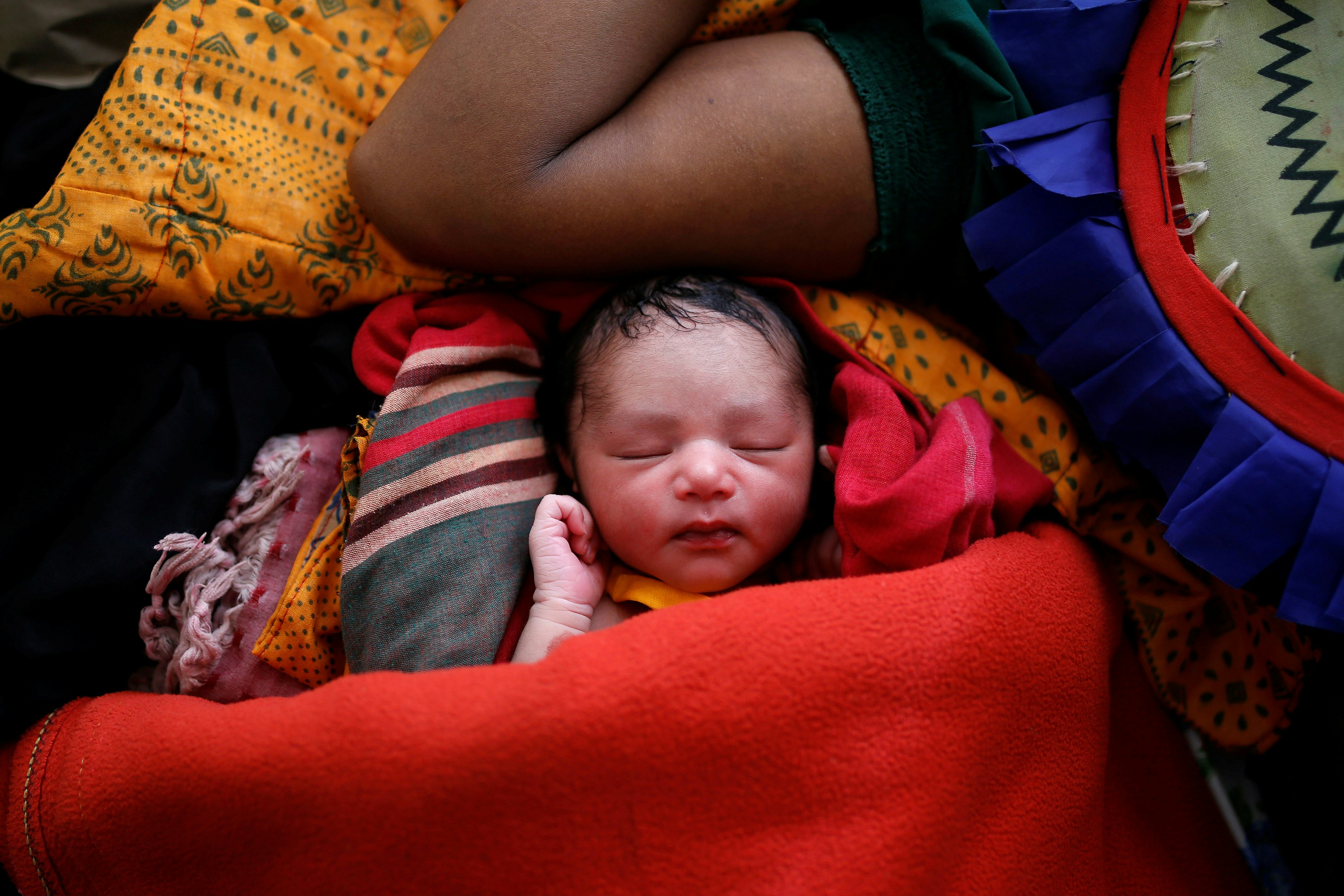Open Society Justice Initiative and Namati Launch Guide to Document Citizenship for Stateless People
NEW YORK—Strengthening community-based programs worldwide can prevent statelessness and promote citizenship rights, according to a new guide produced by Open Society Justice Initiative and Namati, in cooperation with UNHCR, the UN Refugee Agency.
Launched today at UNHCR’s annual consultation with NGOs, A Community-Based Practitioner’s Guide: Documenting Citizenship and Other Forms of Legal Identity outlines how community-based programs can support stateless and at-risk populations in accessing citizenship documentation and other forms of legal identity.
Around the world, 1.1 billion people lack legal identity documentation, such as birth certificates, ID cards, and passports that can help prove their nationality or entitlement to citizenship. Without proof, they cannot vote, access health care, or go to school. Some are even left stateless or at risk of becoming so.
“Citizenship is a foundational human right, yet in many countries gaining access to identity documents that prove citizenship can be difficult or even impossible,” said Laura Goodwin, director of Namati’s citizenship program. “The process is complicated by lack of information, confusing bureaucratic processes, poor implementation of the law, or sometimes even outright discrimination.”
Those who typically face inequality and discrimination in acquiring citizenship documentation are often the most vulnerable in society. More than 75 percent of the world’s known stateless populations are members of minority groups.
The guide was developed and prepared in cooperation with UNHCR. “By helping stateless people and groups at risk to acquire crucial documents, like national ID cards and birth certificates, this guide furthers global efforts to eradicate statelessness, in line with UNHCR’s #IBelong Campaign,” said Melanie Khanna, head of UNHCR’s Statelessness Section.
The guide draws on the expertise of dozens of existing community-based programs around the world and provides step-by-step instructions on establishing new programs.
Laura Bingham, coauthor and senior managing legal officer at the Open Society Justice Initiative, noted, “From Kenya to Bangladesh, our consultations confirmed that community-based practitioners are trusted and effective actors in supporting access to legal identity documentation. They find solutions and empower people to navigate bureaucracies and understand when laws and systems require reform.
“This handbook serves as evidence that community-based programs are critical in securing proof of legal identity for all, preventing statelessness and realizing the right to a nationality. Through resources and supportive partnerships with governments, national civil society networks, and the private sector, programs like those profiled in this guide will mobilize and scale up to meet these immense challenges.”
Related Work
Justice Initiative Welcomes First UN Human Rights Committee Ruling on the Right to Nationality for Children
The UN Human Rights Committee has found, in the case of Zhao v. Netherlands, that the Netherlands violated the rights of a child, Denny Zhao, by assigning him the status of “unknown” nationality when his birth in the country was registered.
Open Society Justice Initiative Joins Statement of Concern on Assam Registration Crisis
Over 100 international and national civil society groups have signed a joint-letter calling for an international response to a India's troubled review of its National Register of Citizens in Assam.
Saving Newborn Rohingya from a Legal Abyss
The government of Bangladesh has already promised to uphold its obligation to register newborn Rohingya refugees. For the sake of international law—and the children’s future—it must stop dragging its feet.
